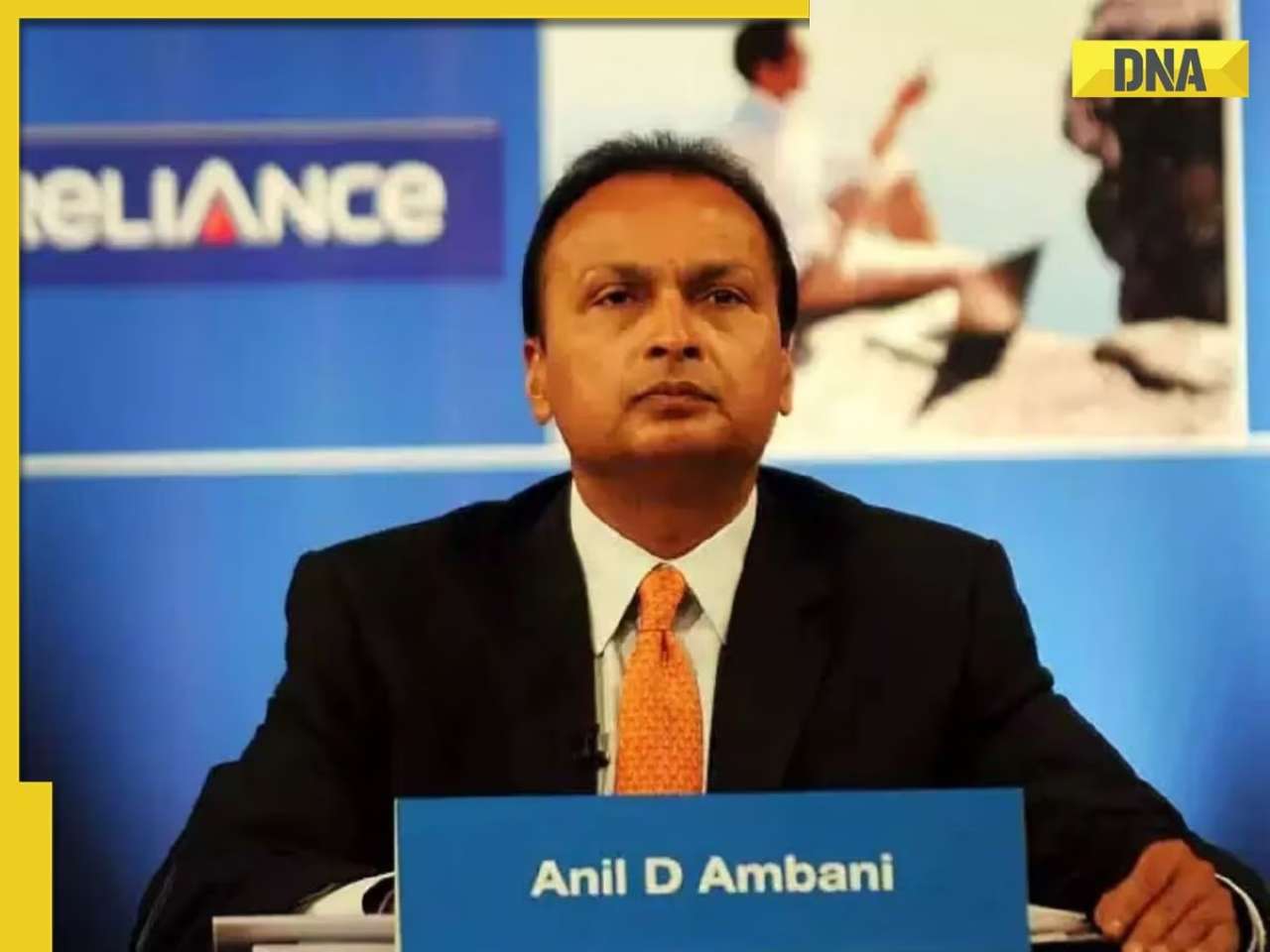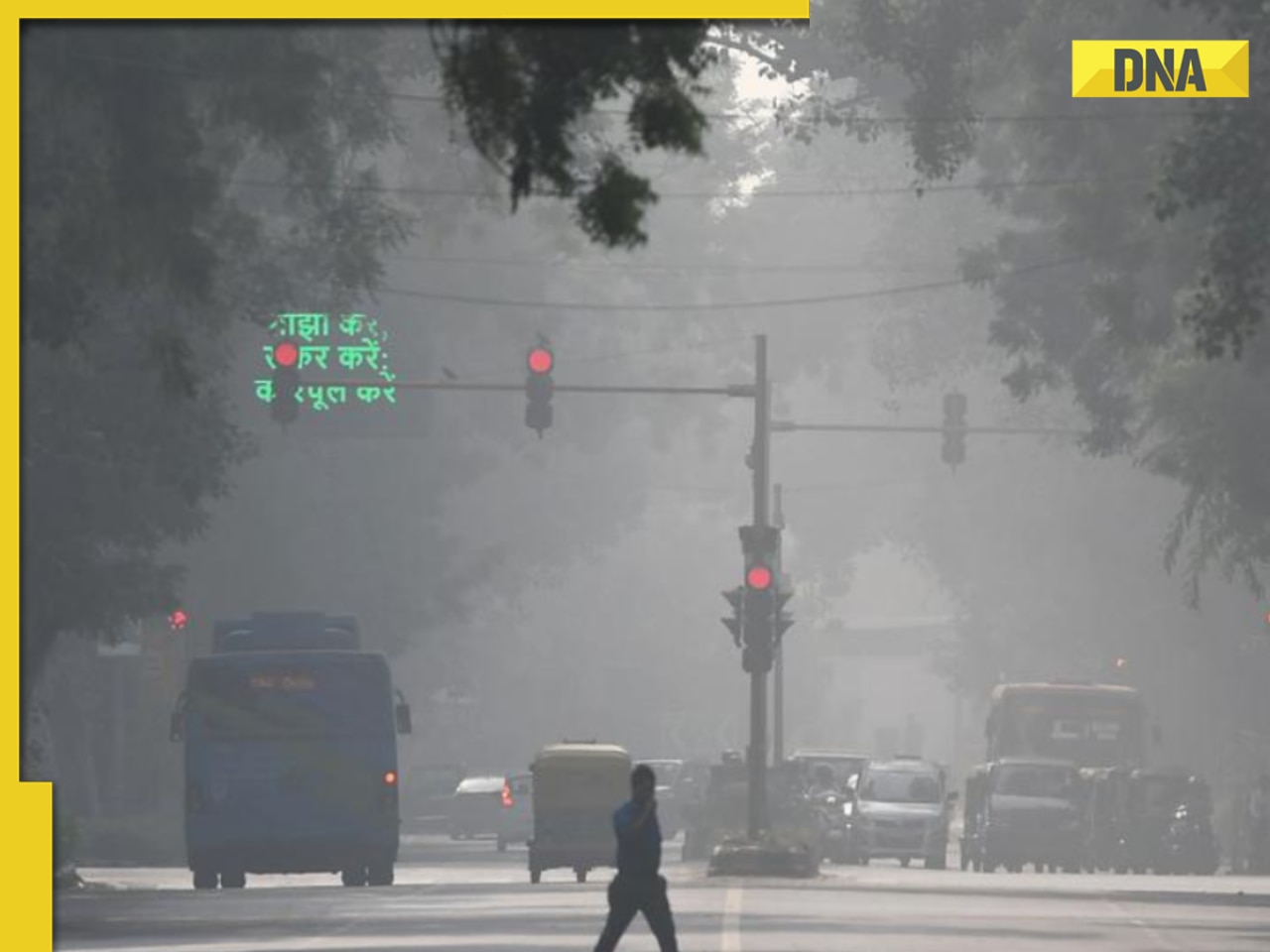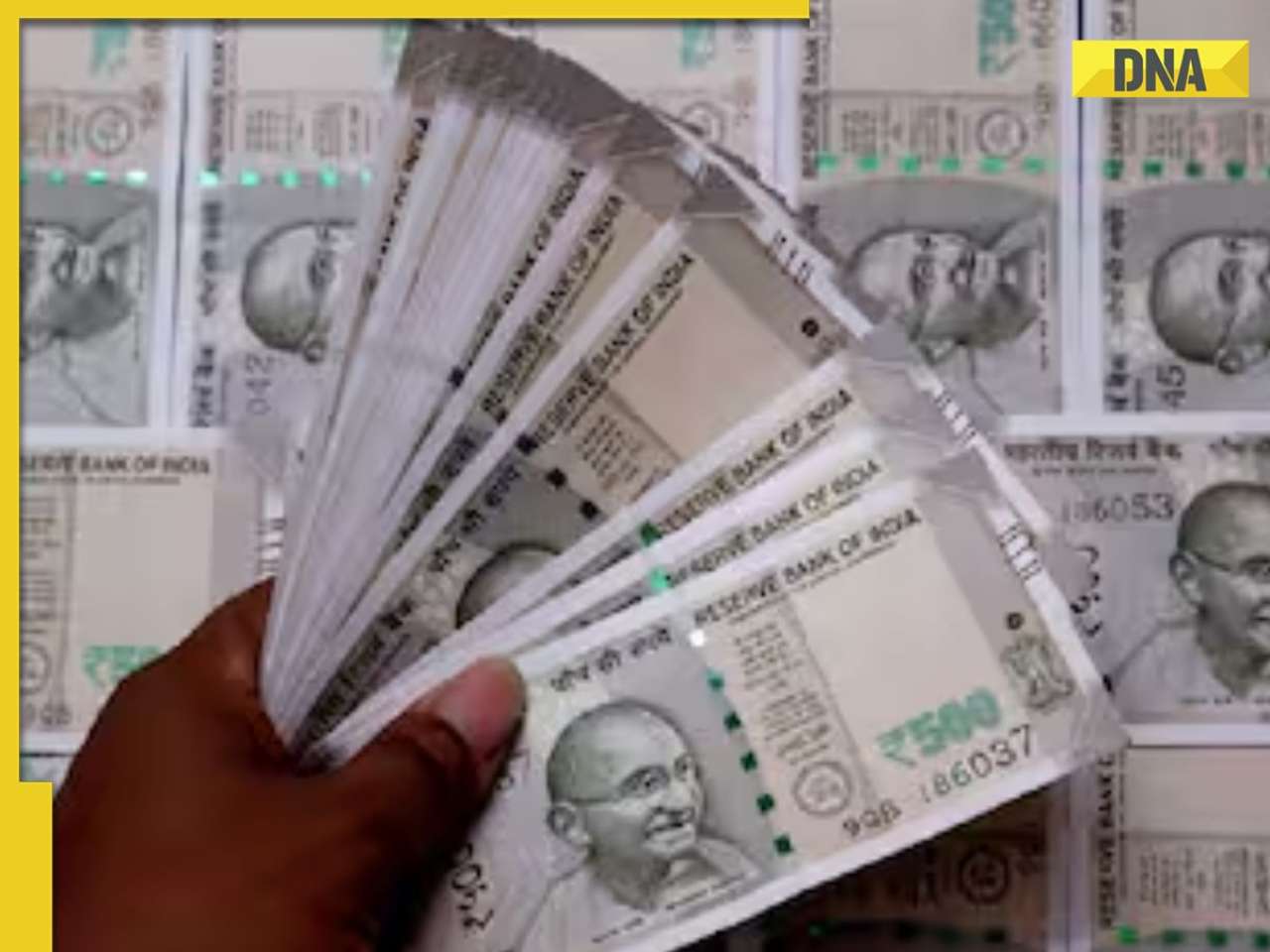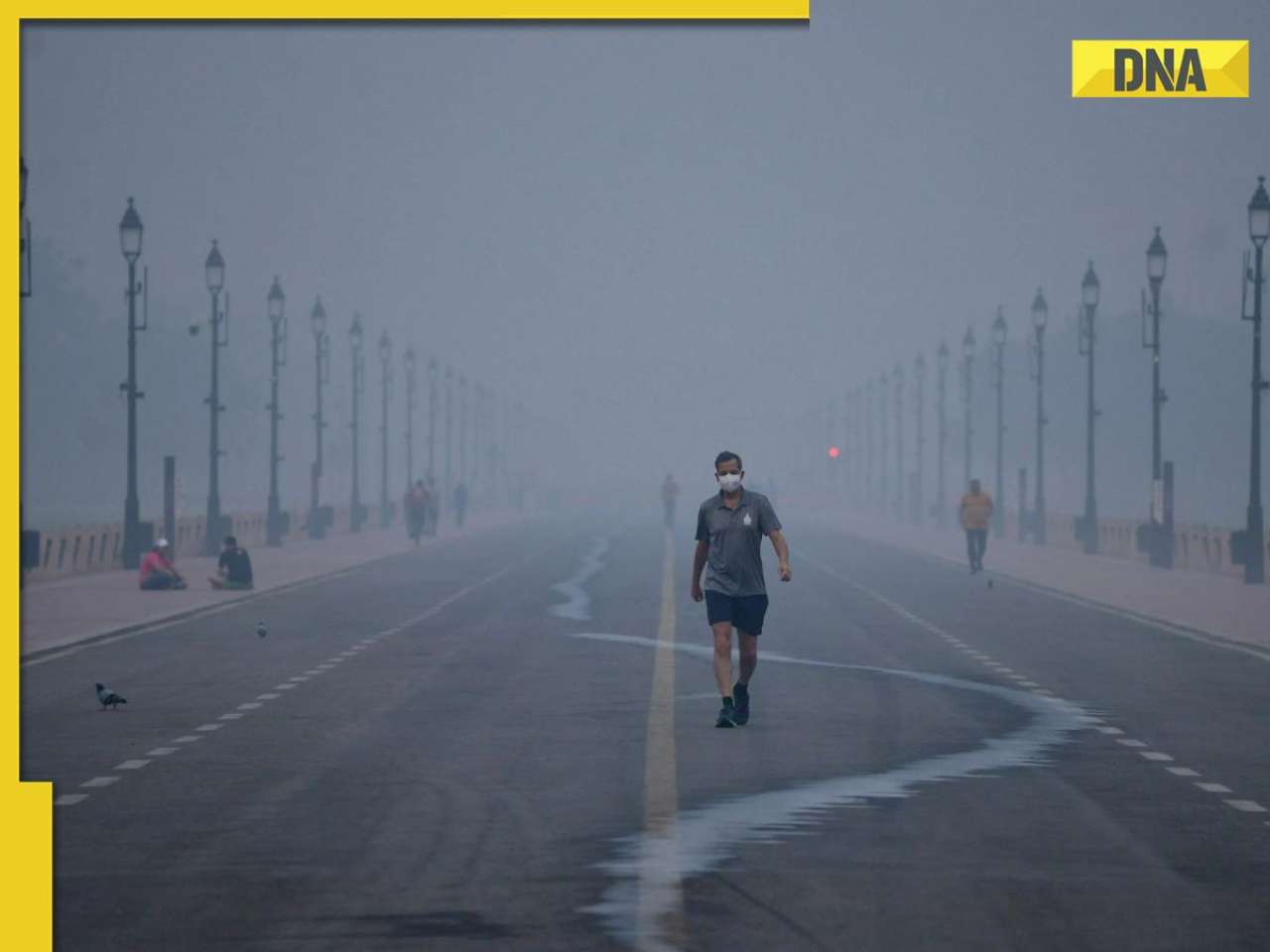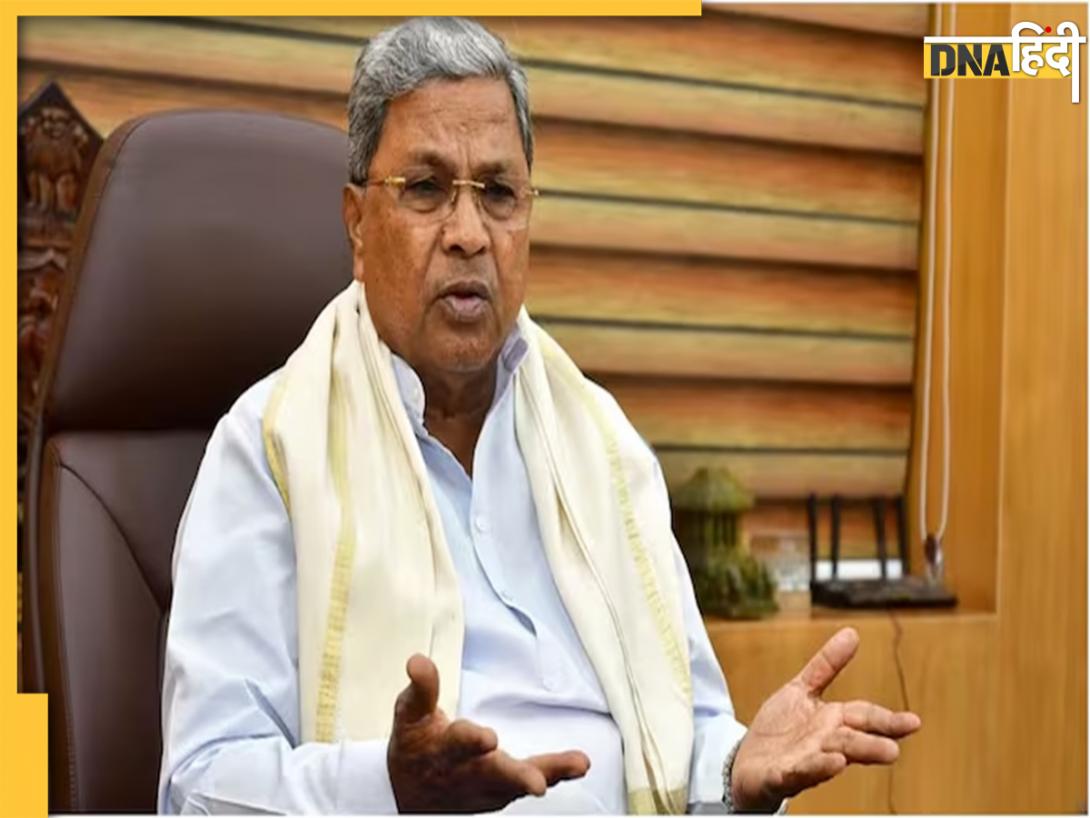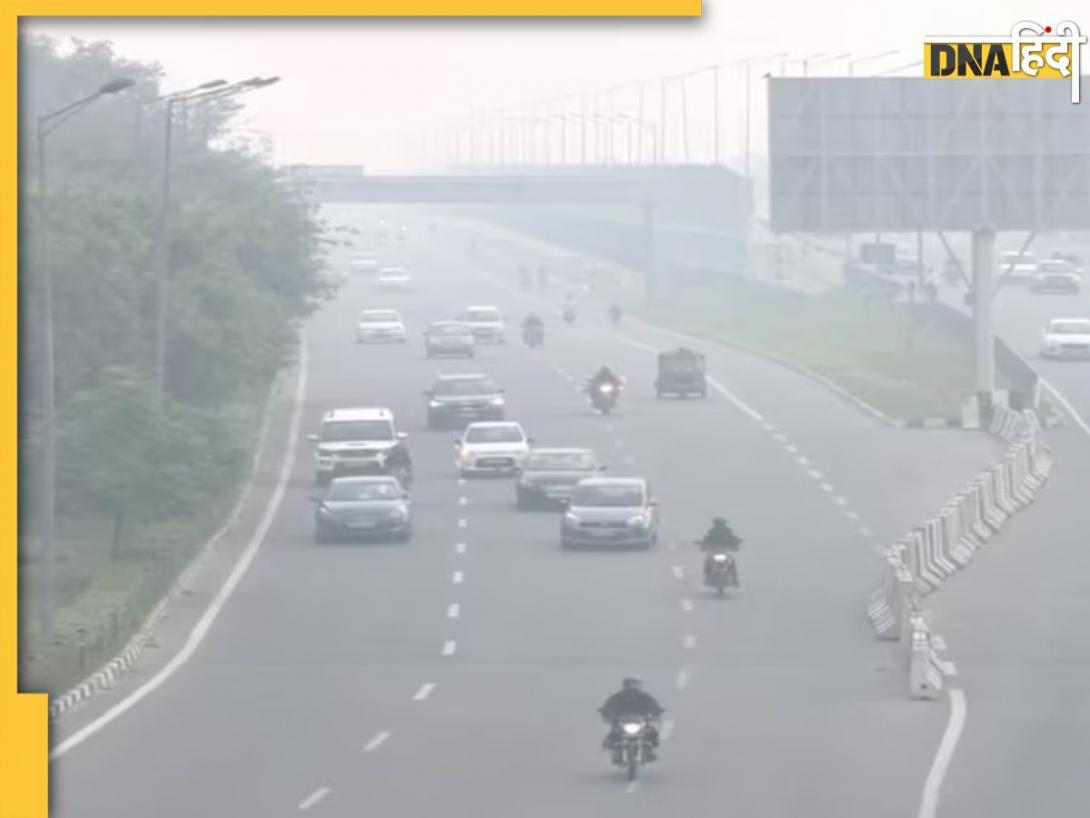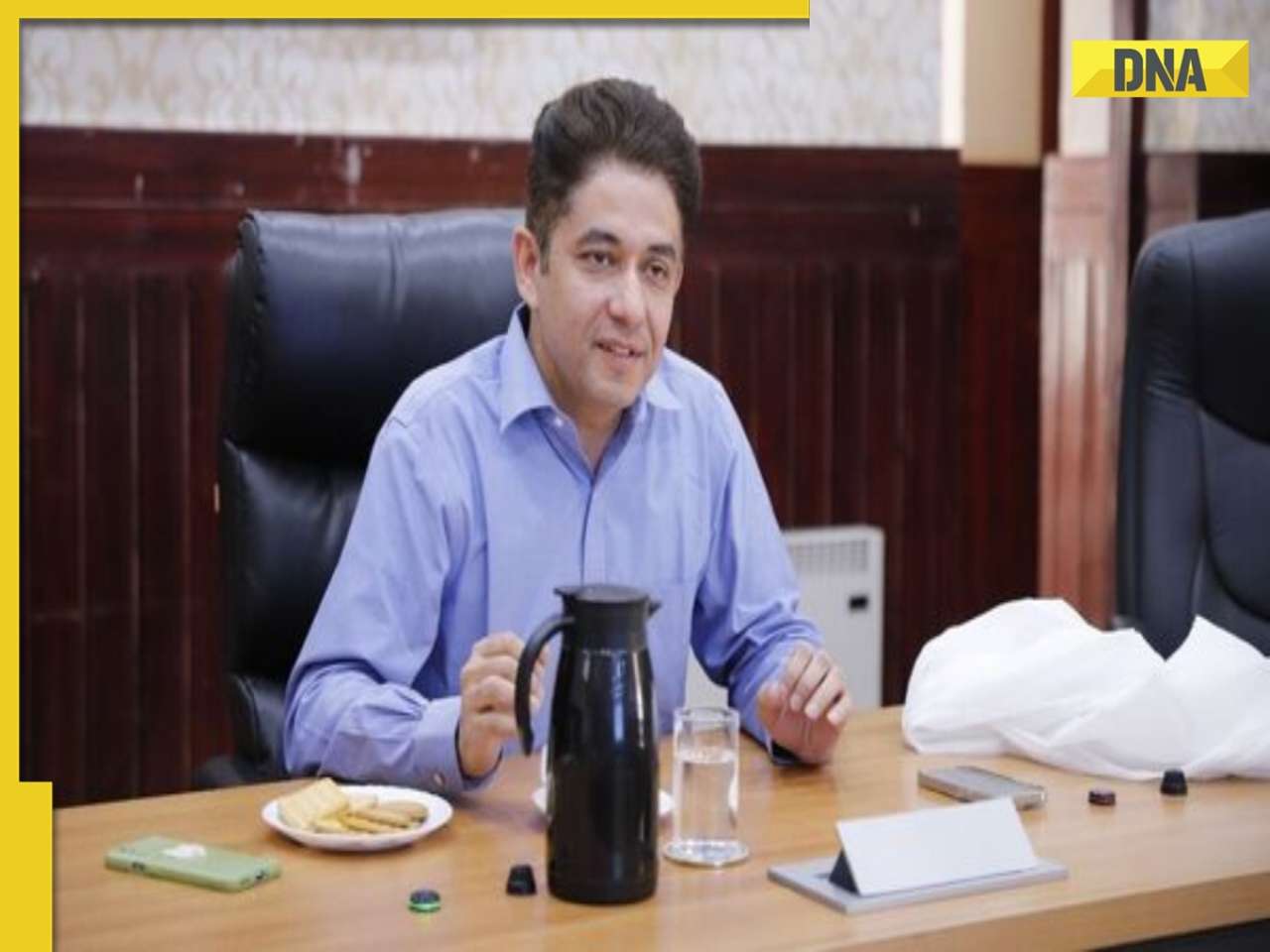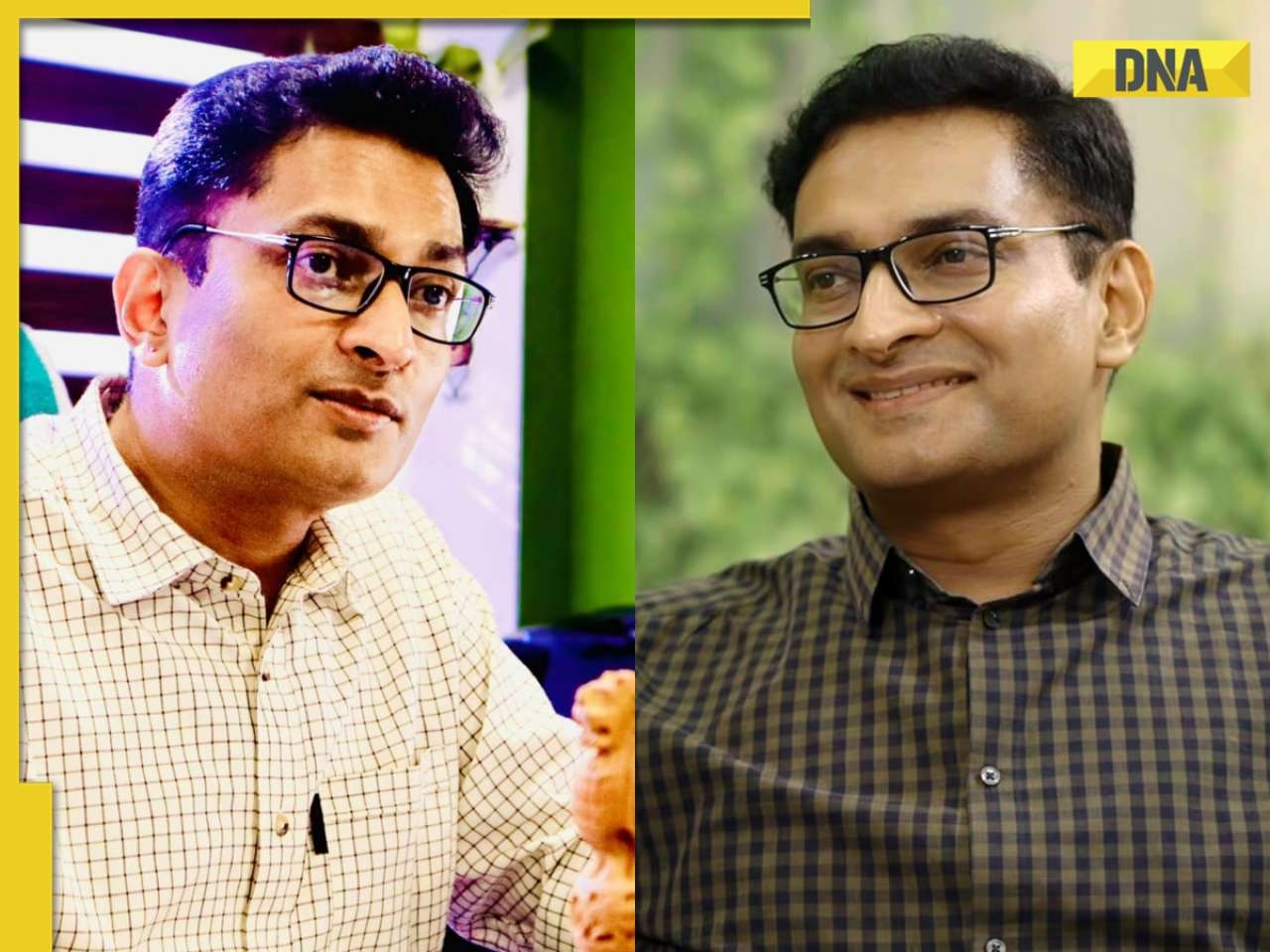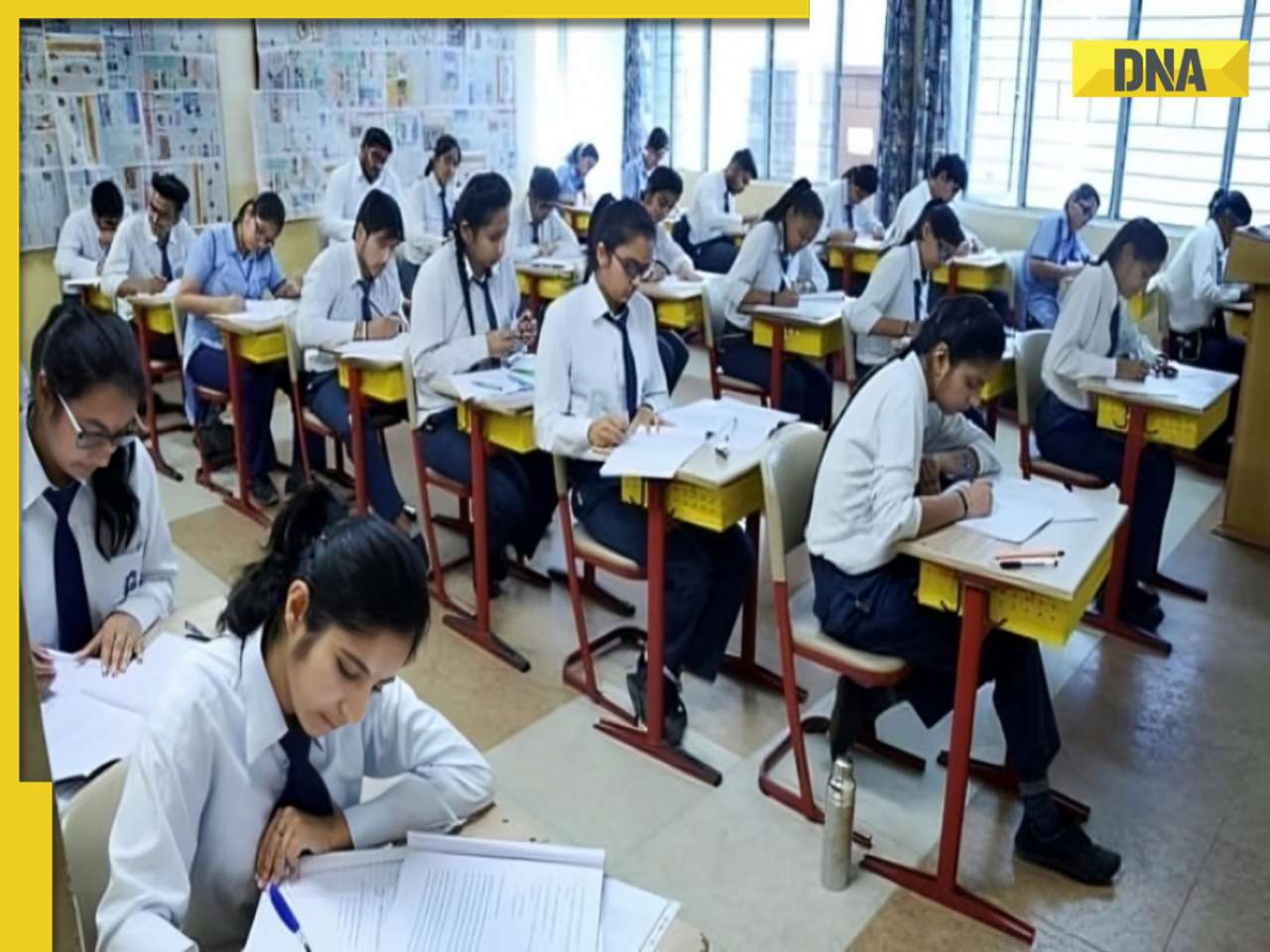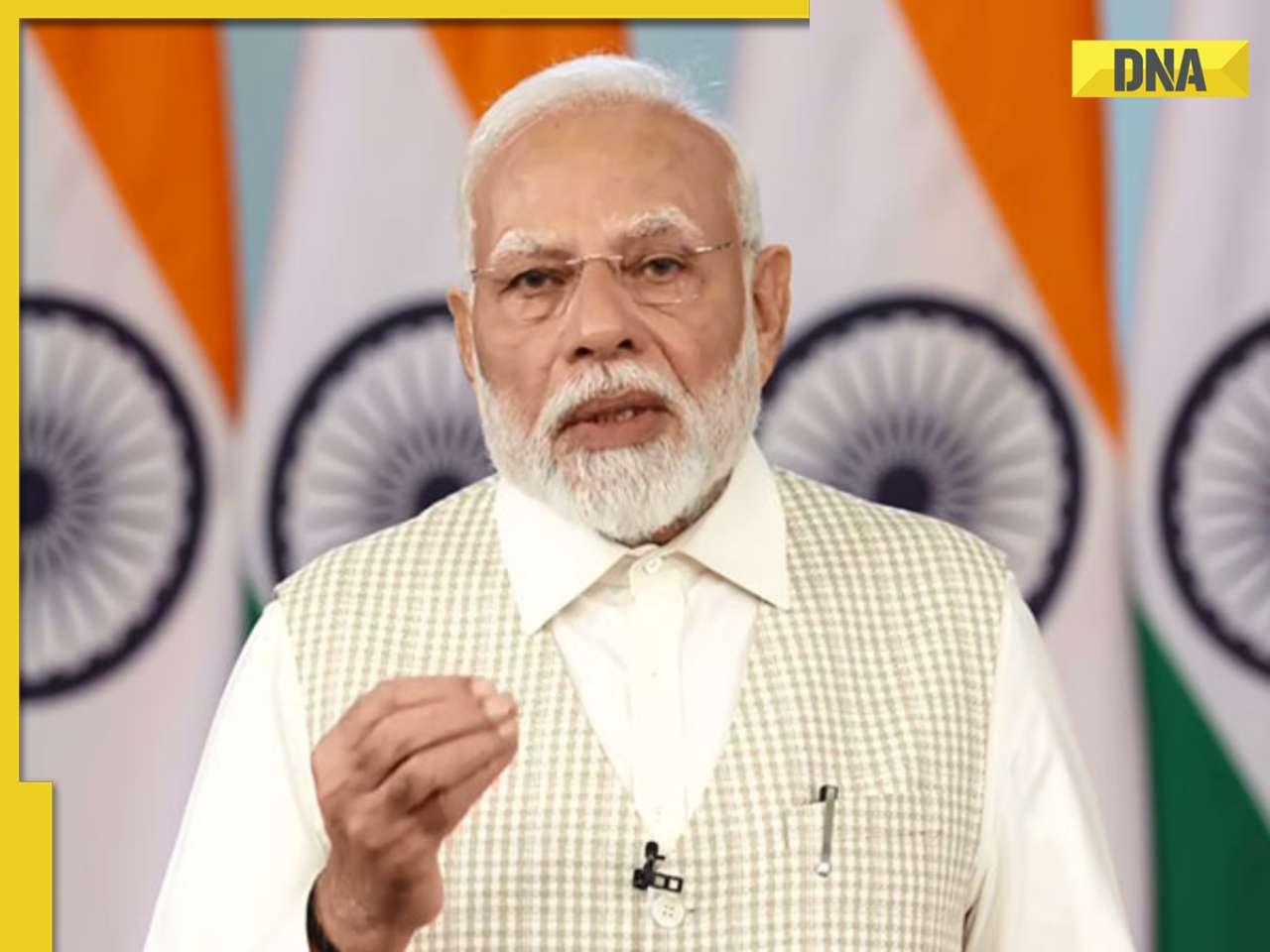- LATEST
- WEBSTORY
- TRENDING
WORLD
The Big Apple shows the world how to live with climate change
Technology and human ingenuity can defuse natural disasters that once killed thousands.
TRENDING NOW
Anyone who loves New York will be familiar with the moment, during the cab ride from the airport, when the Manhattan skyline comes into view and the heart misses a beat. It's odd; there is nothing inherently beautiful about seeing concrete spires crammed absurdly on to the end of an island. The beauty lies in what it all represents: a city founded by immigrants, who built skyscrapers as if to challenge the Atlantic storms to do their worst.
The city of New York always has been a paean to human achievement - but seldom more than it is this week. The recovery from Hurricane Sandy is turning out to be more spectacular than the storm itself. The New York marathon is to proceed as planned on Sunday, sending 50,000 runners down streets where taxis were floating just a few days ago.
A subway system which was deluged with seawater on Tuesday has already started to roar back to life. The New York Stock Exchange was open again after just two days, and was ashamed to have closed for even that long. Broadway shows have reopened. Work has begun pumping 86 million gallons of water from the Brooklyn-Battery Tunnel.
The city's true resilience, however, lay in the way that people helped each other, in a thousand different ways. "I have power and hot water," wrote Rob Hart of Staten Island on Facebook. "If anyone needs a shower or to charge some gadgets or just wants to bask in the beauty of artificial light, hit me up."
When the street lights went out, traffic was kept moving by volunteers. The city's finest steakhouses sold cut-price sirloins in the street; other restaurants gave food away free. Before and after the flood, there was amazingly little sign of panic. The city was, as Walt Whitman once put it, "sane, unruly, musical, self-sufficient".
For decades, now, mankind has been getting far better at dealing with whatever nature has to throw at us. We have the technology to cope with most things, from building skyscrapers that can stand up to hurricanes to making cities spring from the desert. It's not just America: modern Israel was made possible by ingenious ways of turning scrubland into farms.
Dubai has tamed the elements to the extent that it offers year-round skiing, on the world's first indoor slope. World over, towns stand on places regarded a generation or two ago as uninhabitable. Had Superstorm Sandy struck five years ago, we would by now be hearing all manner of theories linking it to climate change or murky claims that it represented Gaia's revenge. But as science evolves, the hysteria is draining out of the climate change debate - and a new rationalism taking its place. We might not be sure that we can make any meaningful difference to its trajectory, but we know that we can adapt to it.
In the old days, prime ministers would jet off to climate summits, making Flash Gordon-style declarations about there being only so many hours left to save the world. If you believed that the planet is warming, and that human activity is at least in part to blame (which I do) then you were asked to sign up to all manner of carbon-cutting schemes, regardless of what they'd accomplish. Environmentalism became the new Live Aid. Posters linked third-world floods to wasteful British household habits.
It has since become harder to sustain such simplistic, emotive claims. The latest report by the Intergovernmental Panel on Climate Change admitted that the extent of mankind's influence on extreme weather events is uncertain - and may not be clear for another 30 years. Fossil fuel consumption in the rich world peaked five years ago; the rise now comes from poorer countries, where millions are living longer, better (and yes, more carbon-intensive) lives. It would be impossible, not to say sadistic, to try to impede such progress.
So rising carbon emissions are, to a significant extent, a side effect of alleviating global poverty. And poverty is by far a bigger killer than climate. At least 74 people died from Superstorm Sandy, but had a similar storm struck Asia, the toll could have run into the thousands. A recent MIT study into natural disasters between 1980 and 2002 found that America suffered an average of 17 deaths per windstorm, compared to almost 2,000 in Bangladesh. The average flood cost six lives in the former, but 210 in the latter. It wasn't that the storms were more severe or more frequent - just that America had the money to cope better.
When environmentalists predict doom for countries like Bangladesh, this is what they forget. Their computer models assume that as sea levels rise, millions of Bangladeshis will become environmental refugees by 2050. But the same model assumes that Bangladesh will, by then, be as rich as Britain is today. If so, it is fairly likely that it will be able to afford the odd flood defence.
The weather is not, by itself, a killer: what matters is how prepared you are. Already, Bangladesh is making incredible progress. Its government scientists say that its land mass is expanding, not contracting, a trend that is set to continue as they get better at building dams.
Had environmentalists been looking at the Netherlands a century ago, they would have concluded that the Dutch were doomed. Two thirds of the country is vulnerable to flooding, and the population density has long been among the highest in Europe. But it also has the world's best dams, which can cope with the flooding expected in 3,999 out of every 4,000 years. Schiphol Airport, one of the world's biggest, stands on what was once a large lake. Our technology for dealing with water is evolving faster than the sea levels are rising.
Of course, while America's storms are not as lethal as they once were, its droughts - and its government policies - still can be. The Midwest's long, dry summer has sent global food prices towards what the United Nations regards as crisis levels.
And a significant part of the pain, which will be felt worldwide, will be inflicted by rules mandating that two fifths of maize crops are used to make ethanol, an environmentally friendly car fuel. In this way, policies designed to slow global warming may end up inflicting more harm than global warming itself.
How, then, to respond? It's easy to see the harm that anti-carbon policies inflict, but it's far less easy to see what they achieve. We have imposed levies on fuel bills to subsidise wind farms, making it expensive to heat homes in winter. We have added charges to air fares, taxing the poor out of the sky. And to what end? Will all this do anything more than delay the effect of global warming by a few years? If this is about saving lives, then isn't it better to spend money in a way that helps poor countries develop?
When a butterfly flaps its wings in Brazil, we may well get a tornado on the coast of Florida. Or we may just get an exhausted butterfly in Rio. We simply don't know: we're still not much good at predicting the weather, and changing the climate several decades from now may well prove far beyond our capabilities. But the lesson of New York is that we are rather good at preparing for the weather, and needn't live in fear of it.
Nature's fury can be awesome - but man's resilience and inventiveness is more awesome still.
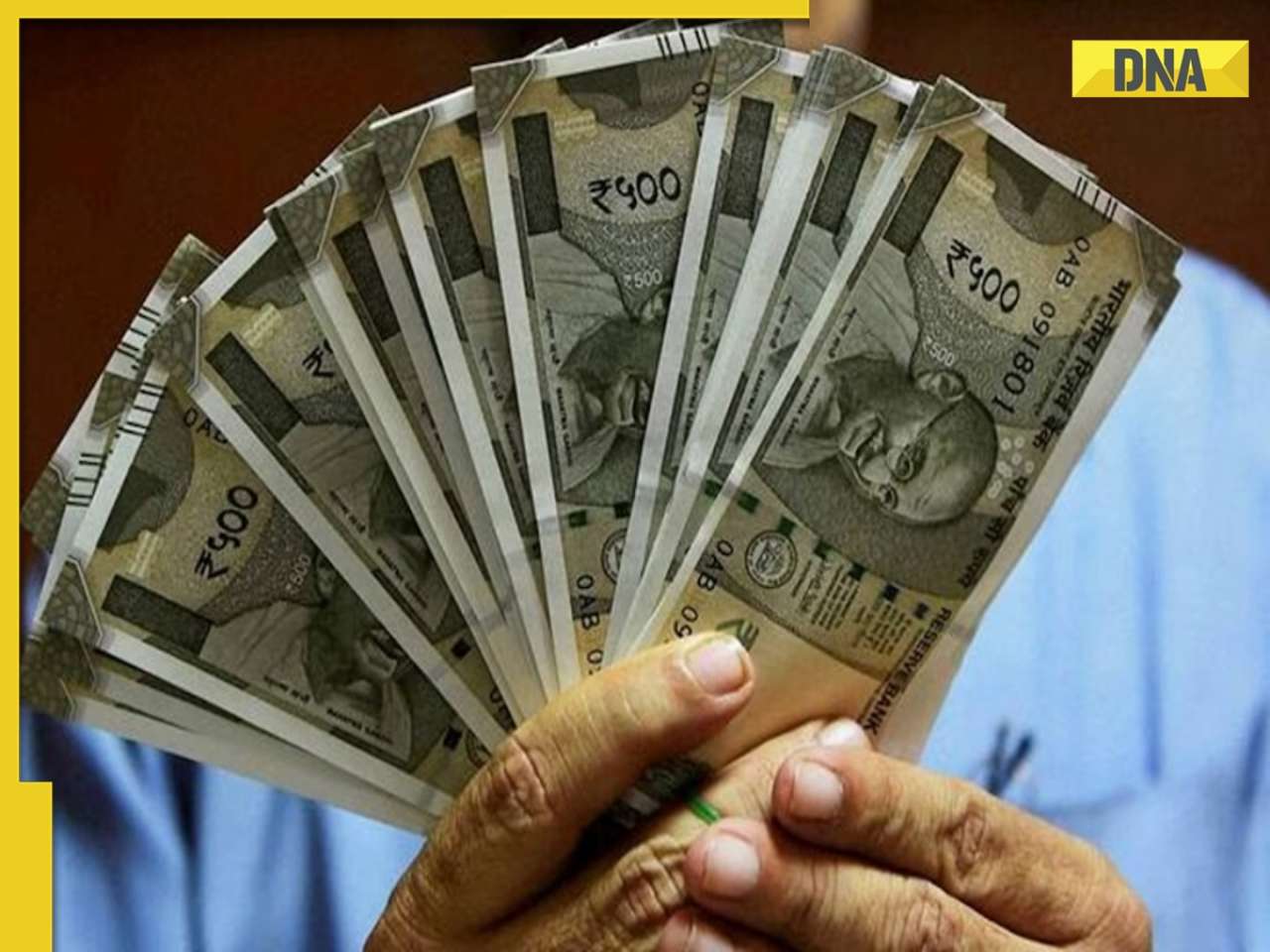
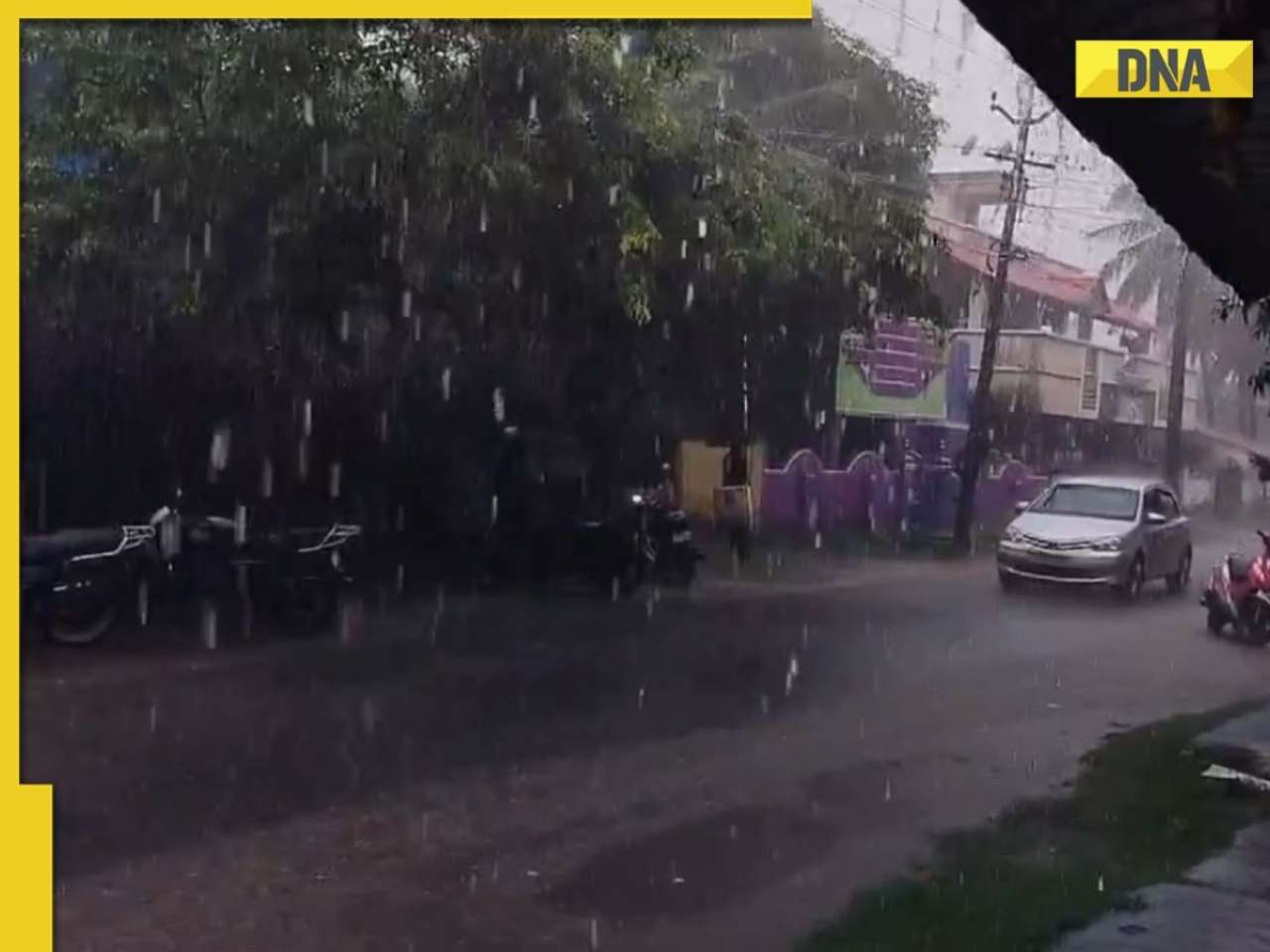
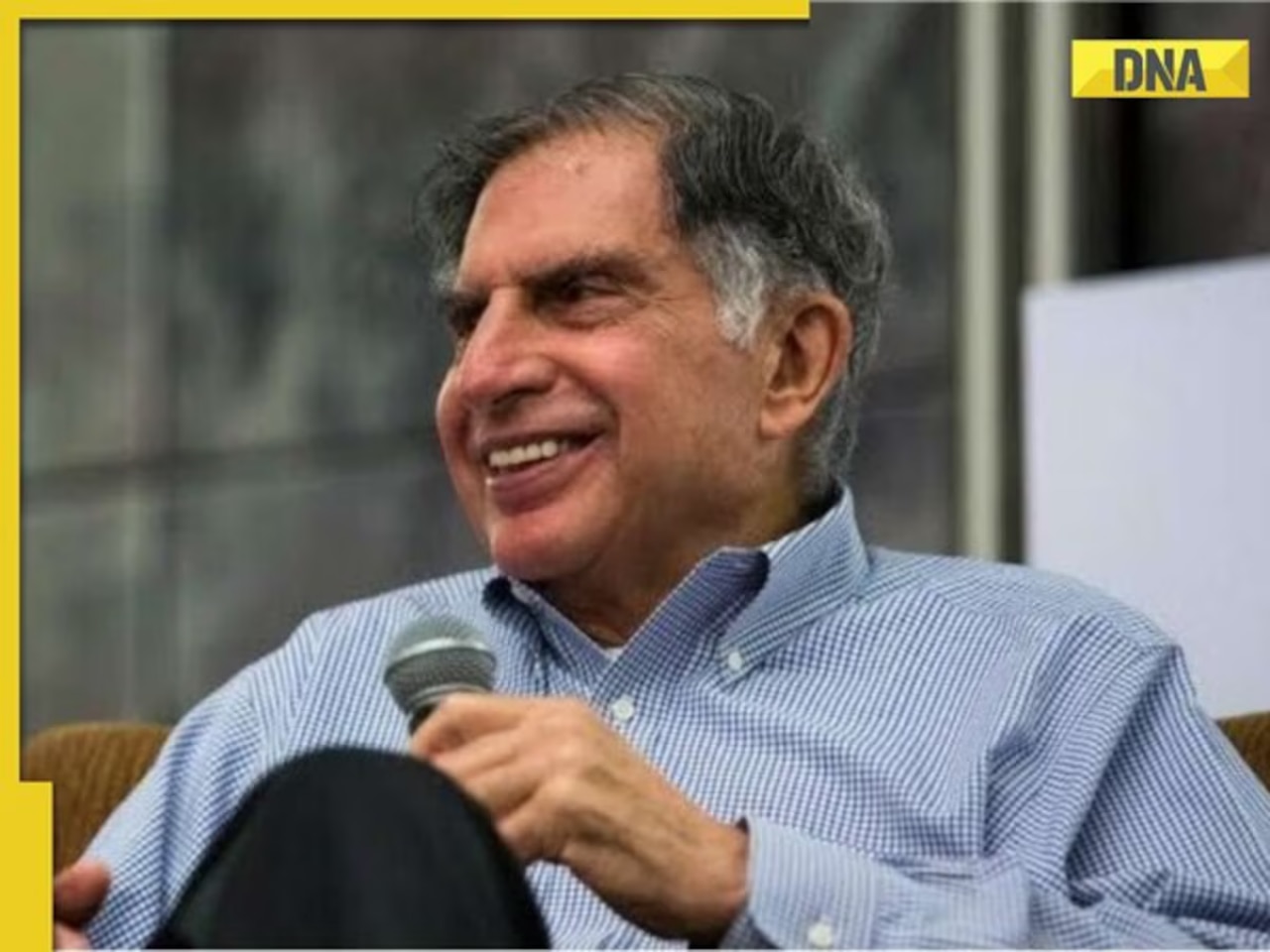





)
)
)
)
)
)
)
)
)
)
)
)
)
)
)





